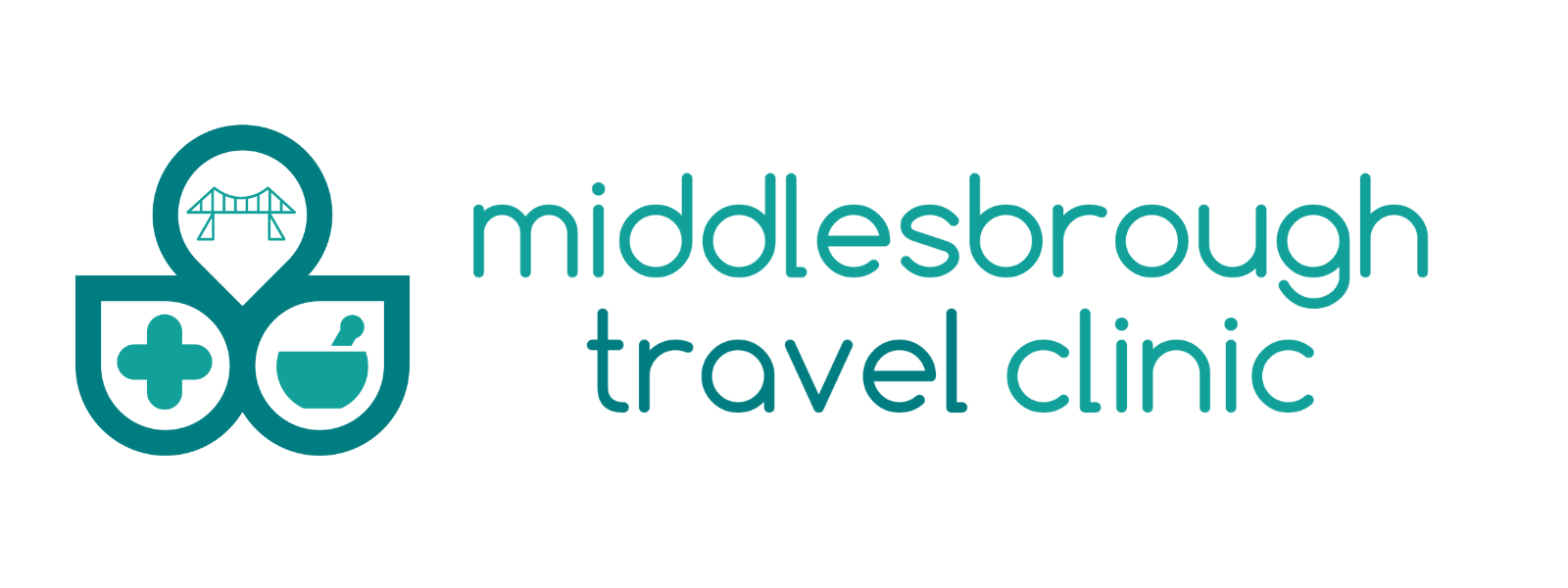Cholera
Cholera is a bacterial disease that is characterised by excess watery diarrhoea. It is caused by the toxin-producing forms of the bacteria Vibrio cholera.
It is normally contracted by consuming contaminated food or water. Currently, humans as the only known natural hosts. Cholera is normally associated with poverty, poor sanitation, and lack of access to clean drinking water. These are factors that are common in many low-income countries.
Overall the risk of cholera to travellers is very low. However, activities such as drinking untreated water or eating poorly prepared seafood in places where outbreaks occur may increase the risk of infection. Living in unhygienic conditions, for instance, aid workers in disaster or refugee camps is also a risk.
Symptoms
Cholera symptoms include;
– profuse watery diarrhoea
– nausea
– vomiting
Lack of treatment for cholera can lead to severe dehydration, dangerous salt imbalances, and shock. More than 50 percent of the affected patients die within a few hours. However, with prompt and appropriate treatment, the death rate is less than one percent. In healthy individuals, cholera may occur without symptoms or be mild.
Prevention
The probability of getting cholera can be lowered by observing good personal hygiene and following requirements on the prevention of food and water-borne diseases.
Vaccination
In the UK, an oral, inactivated cholera vaccine known as Dukoral® is available. The Dukoral® vaccine offers successful protection against V. cholerae serogroup O1. Although this vaccine is not recommended for some travellers, it is indicated for anyone who is vulnerable due to their medical history or activities.
This includes:
Aid Workers
– anyone working or going to places of cholera outbreaks and have a short supply of safe and clean water and, medical care.
– those for whom vaccination is regarded potentially important. (i.e. anyone who does not fit into the above groups, but is still at higher risk). Two doses of the oral vaccination are needed between 1-6 weeks apart.
Book Now!
